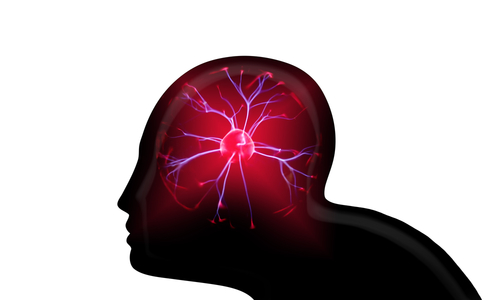aHUS and Seizures
Written by |

Atypical hemolytic uremic syndrome (aHUS) mainly affects the kidneys, but it can also take a toll on other organs and systems. The result can be symptoms such as vision problems, dizziness, headaches, and — examined in more detail here — seizures.
What is aHUS?
aHUS is a disease associated with the complement system, a series of proteins that activate each other and help the body mount an immune response against foreign invaders. The complement system also helps to guide the immune attack, preventing damage to healthy cells.
Although aHUS is not a genetic disease, researchers think that mutations in genes that protect the body or make the complement system hyperactive can predispose people to developing the disease. Between 60% and 70% of aHUS cases are believed to be related to mutations in one or more genes involved in the regulation of the complement system.
While genetic mutations can raise a person’s risk of aHUS, they are usually not enough, on their own, to cause the disease.
Another event, such as an acute infection or pregnancy, often triggers the complement system to overreact. This overreaction can cause three main events that lead to the symptoms of aHUS. First, the immune system attacks the lining of small blood vessels, causing blood clots and partial blockages of these vessels. Second, red blood cells rupture trying to push past the clots, which can lead to anemia. Fewer platelets are available because so many are being used to form the abnormal clots. This can make patients more prone to bruising and abnormal bleeding. Finally, as the kidneys contain many small blood vessels, clotting in them can cause kidney damage and lead to kidney failure.
What are seizures?
Seizures are episodes of abnormal electrical activity in the brain. They can come in many forms, depending on whether they are localized or widespread, and the particular parts of the brain that are affected.
Seizures that are more localized (focal; affecting given brain area) can result in a loss of consciousness or awareness, as in staring out into “space.” They may also be evident as repetitive movements, such as chewing or rubbing hands. Alternatively, focal seizures with no loss of consciousness may be evident through spontaneous limb movements, or changes in emotions or senses such as smell or vision.
More widespread or general seizures (affecting all brain areas) can involve a loss of awareness, stiffening of muscles, falls, and jerking movements.
How does aHUS cause seizures?
In addition to causing inflammation and clot formation in the kidneys, aHUS can also affect blood vessels in the brain. These small blood clots, called thrombotic microangiopathy (TMA), can cause a loss of oxygen and block nutrients from reaching parts of the brain, leading to damage to nerve cells in those areas. This damage can cause gaps and missing pathways in the complex connections between brain cells, potentially leading to neurological symptoms such as vision loss and seizures.
Another factor in aHUS that could contribute to seizures is hypertension or high blood pressure. Clogging of the blood vessels in the kidneys can lead to a buildup of pressure in other blood vessels. The increase in pressure can lead to hypertensive encephalopathy, and headaches, vomiting, and seizures.
Are there treatments for aHUS seizures?
Your physician may prescribe antiepileptic medications such as lorazepam to prevent seizures.
For the treatment of the underlying cause of aHUS, your doctor may prescribe plasma exchange therapy. This filters the plasma or liquid portion of the blood in an effort to clear antibodies that cause many aHUS symptoms. However, this treatment often fails to prevent the disease from reoccurring.
Case studies suggest that treatment with eculizumab (brand name, Solaris) may help to prevent severe neurological symptoms, like seizures, in children with aHUS. Because the causes of aHUS can vary considerably, eculizumab is not likely to be effective for all patients.
Last updated: Oct. 12, 2020
***
aHUS News is strictly a news and information website about the disease. It does not provide medical advice, diagnosis, or treatment. This content is not intended to be a substitute for professional medical advice, diagnosis, or treatment. Always seek the advice of your physician or other qualified health provider with any questions you may have regarding a medical condition. Never disregard professional medical advice or delay in seeking it because of something you have read on this website.




